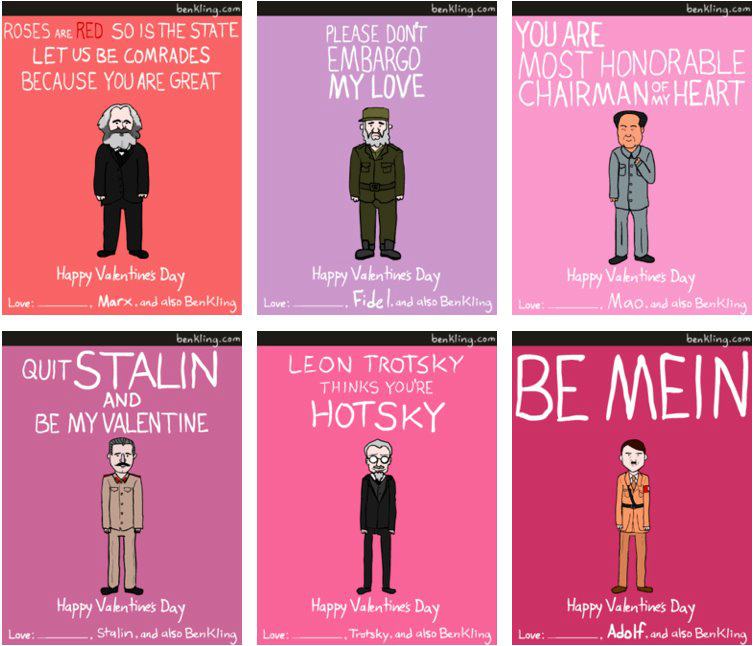Candy grams and missiles
I have a habit of finding connections between drastically different things, and during our IB HL History class’s simulation of the Cuban Missile Crisis I couldn’t help but think of Valentine’s Day. During the activity, I represented Alexander Alekseyev, the Russian ambassador to Havana who was hired by the Soviet leader, Nikita Khrushchev. My role was basically limited to following Khruschev’s orders; I was only worthy of his attention as long as I voiced opinions he wanted to hear.
It all started when Khruschev decided to consult with me.
“Hey Alekseyev,” he said, “How do you think Fidel Castro will react if I deploy medium-range missiles with nuclear warheads to Cuba?” I was paralyzed. This nonsensical question sounded a lot like my friend’s:
“Hey Clara, how do you think my best friend will feel if I don’t invite her to my Valentine’s party? I mean, she isn’t single.” Khrushchev and Castro, my friend and her best friend―both pairs supposedly allies, on the same side, but acting insensitively towards one another. I advised them against taking such brash action, but tension deafened both of them; they did it anyway.
As time passed, the connection I initially saw kept getting stronger. Upon lack of cooperation by Castro, Khrushchev turned to me and said:
“Let’s side with the United States. Let’s kill Castro.”
“Kill Castro?” I answered, “What about Soviet ideology? What about all the agreements we have with Cuba? What about the Cold War?” The way he turned his back reminded me of a conversation I had with a relative last year during Valentine’s day.
“My sister is being so annoying and droopy because she doesn’t have a valentine,” she had said. “I think I’m just going to give her the silent treatment for a week.”
“Stop talking to her?!” I exclaimed. “What about family? What about supporting one another?” And after a split second she walked away, just like Khrushchev did.
Both during my History assignment and outside of class, this abandonment lost thermonuclear wars and hurt the feelings of others. Maybe that’s why I saw a connection. But Valentine’s Day isn’t nearly as serious as the Cuban Missile Crisis. Why, then, does there seem to be so much tension between people who are single and those who aren’t?
True, what happened in History was simply a simulation, but my class is full of potential future dictators (like Daniel Almeida and Fernão Mesquita), who really get into this type of assignment. I can guarantee you that the tension they felt was pretty close to the real deal. I guess even though February 14 doesn’t bring the threat of nuclear armageddon, it can lead to moral warfare. On a personal level, Valentine’s Day means absolutely nothing to me, and people who get upset or excited about it tend to irritate me (sorry, Adam). Regardless of how you feel about the holiday, you still have to care about people. You’re not a better or worse person because you’re single or in a relationship. Just please don’t nuke any islands.

This is Clara’s second year with The Talon, and she is now editor of the Features Team. She enjoys jumping rope and bumping into things, but does the...









